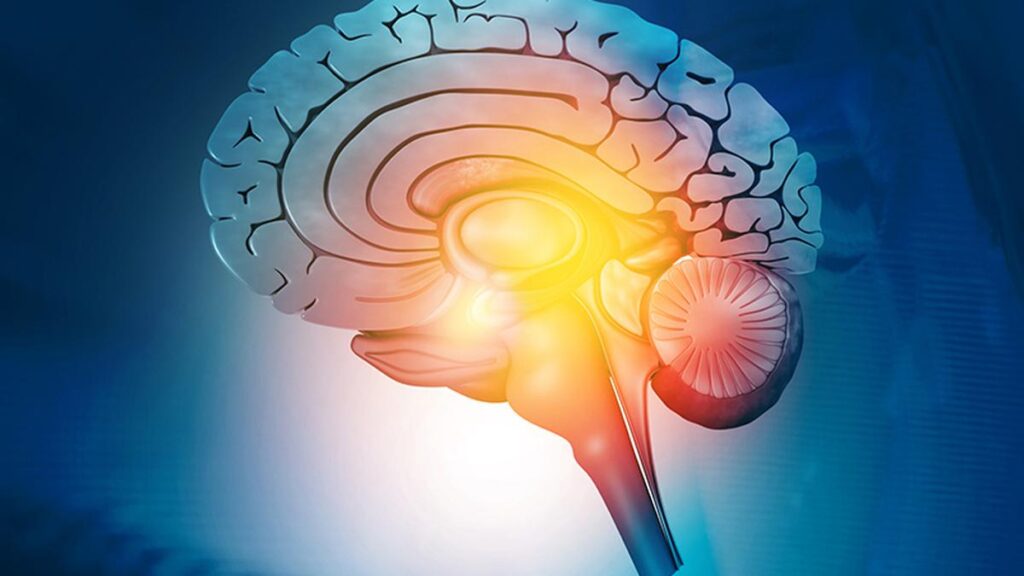970x125
The authors emphasised the necessity for additional research to comprehend the dynamics involved when healthcare professionals and AI systems are not effectively synchronised |Image used for representational purpose only
| Photo Credit: Getty Images/iStockphoto
970x125
Frequent reliance on artificial intelligence may lead to the risk of losing skills, as indicated by a study that discovered a 20% decrease in the ability of experienced health professionals to detect benign tumour growths in colonoscopies when not using AI.
Researchers from Poland, Norway, Sweden, and other European nations examined more than 1,400 colonoscopies — approximately 800 were conducted without AI assistance, while 650 utilised AI during the procedure. A colonoscopy is used to inspect the large intestine, encompassing the colon and rectum, for disease.
The study compared colonoscopies performed three months prior to and following the integration of AI.
Three months after becoming reliant on AI for support, the detection rate of adenomas — a non-cancerous tumour — during standard colonoscopy decreased significantly from 28.4 per cent before to 22.4 per cent after exposure to AI, the authors stated in their study published in The Lancet Gastroenterology and Hepatology journal.
While studies have shown that using AI can help doctors and clinicians in improving cancer detection, the study is the first to “suggest a negative impact of regular AI use on healthcare professionals’ ability to complete a patient-relevant task in medicine of any kind,” author Marcin Romanczyk, Academy of Silesia in Poland, said.
“Our results are concerning, given that the adoption of AI in medicine is rapidly spreading. We urgently need more research into the impact of AI on health professionals’ skills across different medical fields,” Romanczyk said.
Author Yuichi Mori from the University of Oslo, Norway, said the results posed “an interesting question” related to previous trials, which found that an AI-assisted colonoscopy allowed for a higher tumour detection, compared to one that did not use AI’s help.
“It could be the case that non-AI-assisted colonoscopy assessed in these trials is different from standard non-AI-assisted colonoscopy as the endoscopists in the trials may have been negatively affected by continuous AI exposure,” Mori said.
The authors emphasised the necessity for additional research to comprehend the dynamics involved when healthcare professionals and AI systems are not effectively synchronised.
In a commentary article related to the research, Dr Omer Ahmad from University College London, who was not involved in the study, said the findings “temper the current enthusiasm for (a) rapid adoption of AI-based technologies.”
The results provide the “first real-world clinical evidence for the phenomenon of deskilling, potentially affecting patient-related outcomes” and “highlight the importance of carefully considering possible unintended clinical consequences,” Dr Ahmad said.
“Although AI continues to offer great promise to enhance clinical outcomes, we must also safeguard against the quiet erosion of fundamental skills required for high-quality endoscopy,” the author added.
Published – August 13, 2025 07:35 pm IST
970x125

